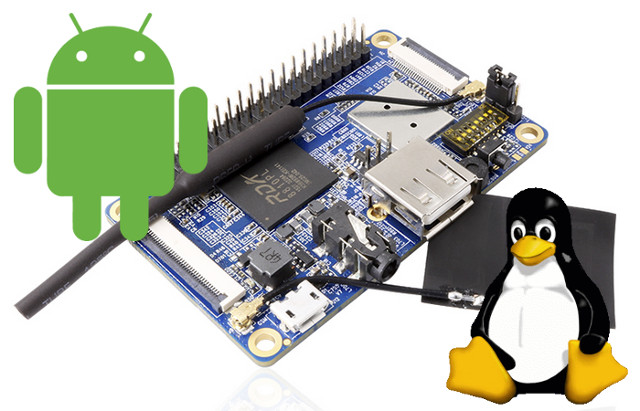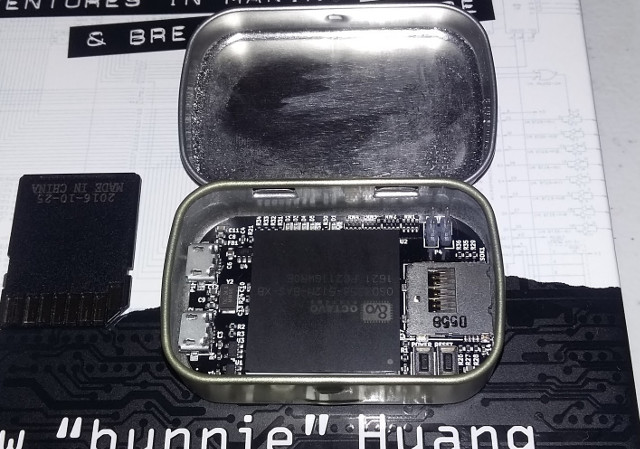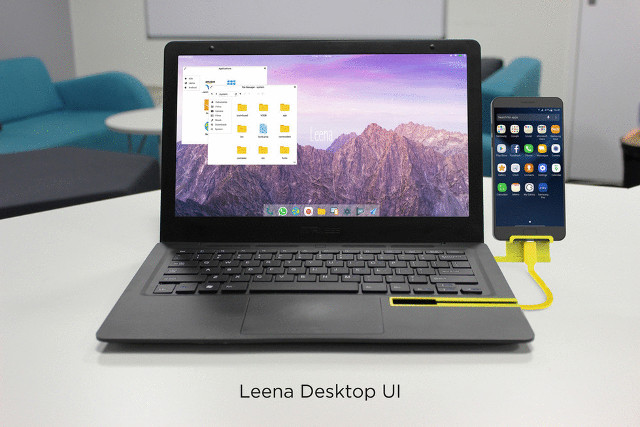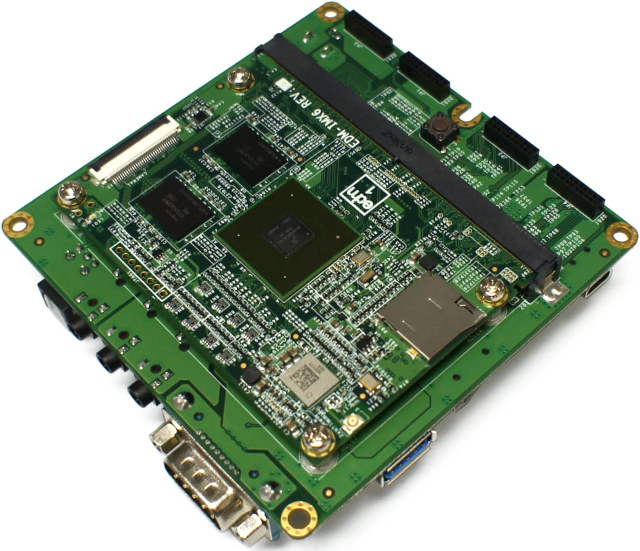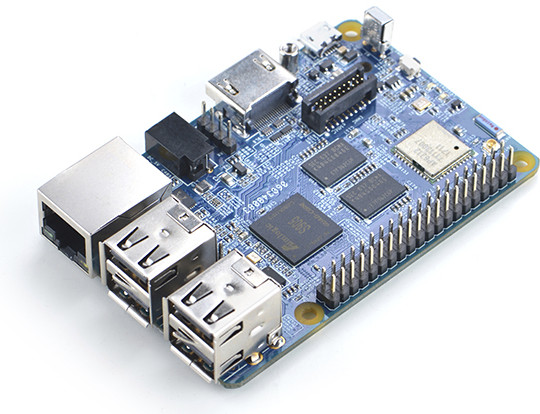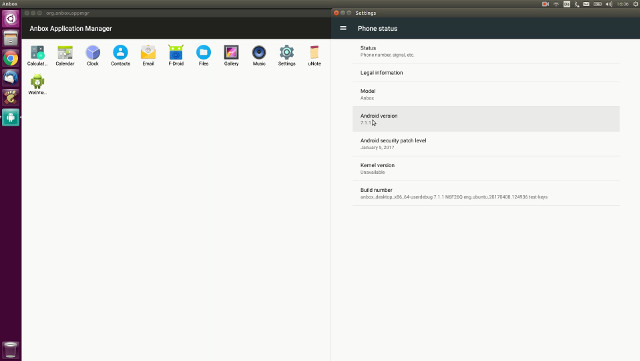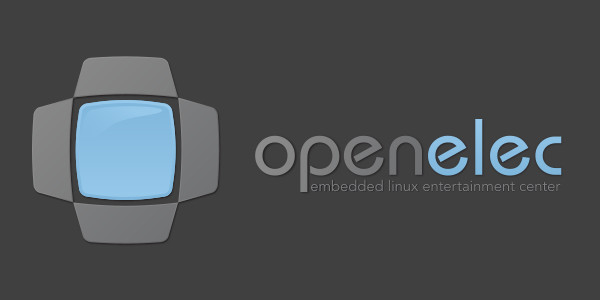Orange Pi 2G IoT board was released a couple of weeks ago, shortly followed by Android and Ubuntu images, but since it was not based on Allwinner, but an RDA Micro 8810PL processor, we did not have any source code so far, which can be a real problem for a development board… Shenzhen Xunlong has now managed to upload a 6.7GB Android SDK to MEGA, with the link published via Orange Pi Resources page. MEGA has a download limit which depends on how much traffic they get at the time, and after 5.3 GB download, I was asked to register for a PRO account, or wait for four hours before resuming the download. If you want to avoid this limit for any large MEGA download, you can run megadl instead. That’s what I did in Ubuntu 16.04 (remember to escape any special characters with \):
|
1 2 |
sudo apt install megatools megadl https://mega.nz/#F\!59EVmKAZ\!5FdBb2dQIMcxgY2h16nGPg |
Once the download is […]


